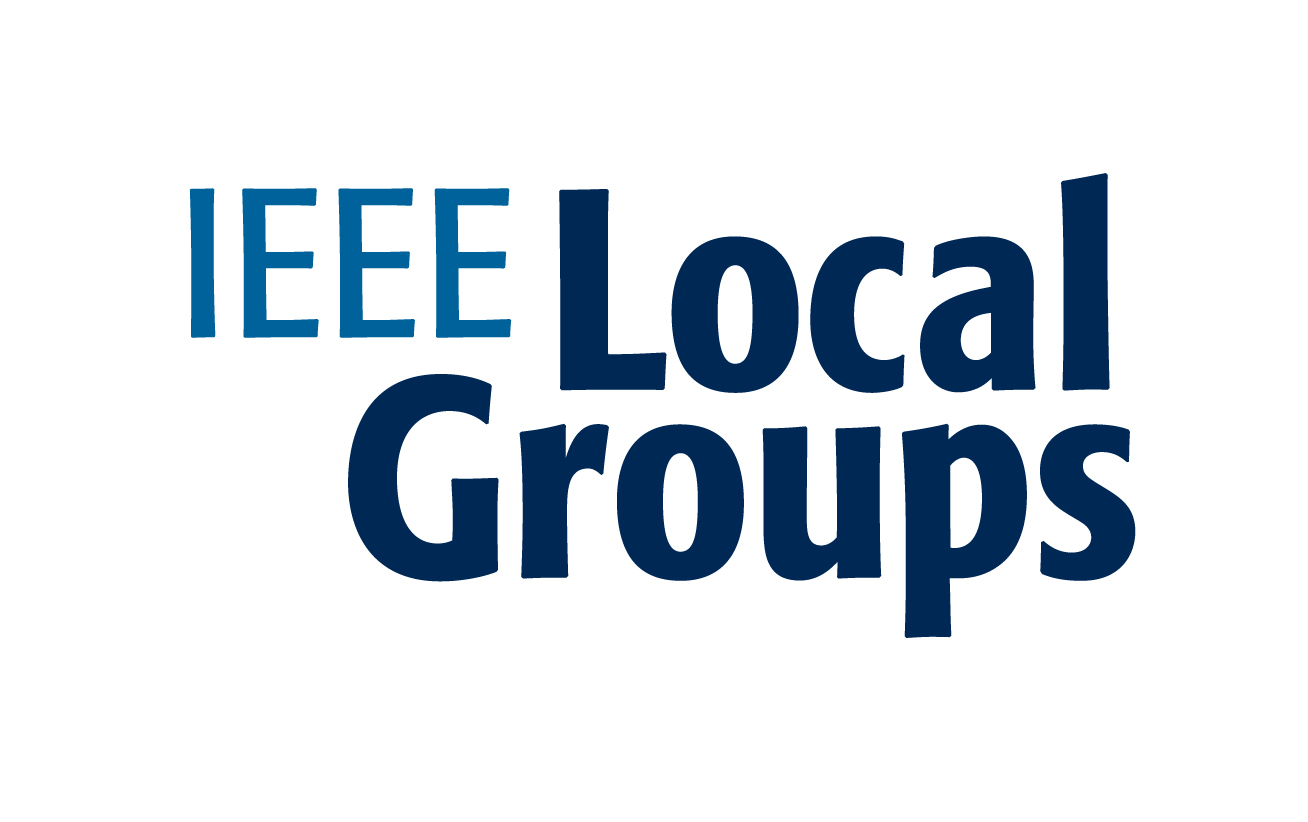Local Groups

DO YOU WANT TO...
Re-energize your Section? Respond quickly to a new need, trend or an emerging topic? Start, create and engage your members? Lay the groundwork for starting a new Chapter? Involve IEEE members and non-members? Have multiple similar groups within your Section? Strengthen and recognize industry/academic/ government collaboration? Focus on local interests but also connect with worldwide similar groups? Discover, explore and track new trends with geographic and/or technical relevance? Involve people in technical and non-technical interests? If you answered “Yes” to any of the above, then a Local Group is your next move.
What is a Local Group?
Local Groups are a new IEEE concept. They are a low overhead, agile, and efficient way for a Section (or a Region, if there is no Section in the area) to serve the interests of members and potential members in the area. Local Groups can be organized around any area of interest to IEEE, especially including interdisciplinary areas, but cannot operate in competition with any other IEEE unit. They are organized with the agreement of a Section and if no longer viable may be dissolved by the Section. People who are not IEEE members may belong to a Local Group.
What does it take to start a Local Group?
A Local Group may be started by a minimum of two IEEE members who will act as the initial organizers and leaders of the group, both of whom are members of the Section involved. As outlined in the MGA Operations manual 9.12, at least one of these leaders must be a voting member (Graduate Student Member or higher grade). All officers must be IEEE members. Local Groups must include a minimum of two IEEE members and must hold at least two meetings a year. If the group becomes inactive, the Section may dissolve it.
To learn more about Local Groups contact us at localgroups@ieee.org
Benefits of a Local Group?
Local Groups are intended to be an agile and efficient way for a Section or Region to meet the needs of its members. Therefore, there is minimal overhead involved in starting and running a Local Group, just enough for IEEE to track their creation and activity. The process begins with a petition to form the Group made via vTools.
Some examples of Local Groups include:
|
Climate Change |
STEM |
Impact of EVs |
|
Blockchain |
Industry Engagement |
Technology History |
|
Entrepreneurship |
Cyber Security |
AI — ChatGPT |
Local Group Activities
Local Groups can meet and organize events, lectures, seminars, workshops .and other activities, both in-person and virtually, provided they are local. Some benefits of starting a Local Group:
- Meeting and interacting with people with the same interest
- Discovering similar groups around the world
- Engaging IEEE members who are not society members
- Getting recognition for leadership skills
- Broadening impact by including IEEE members and non-members
- Publicizing and reporting meetings, events, workshops, lectures and seminars
2024 Local Group Working Group
| Costas Stasopoulos - Chair |
| Ramesh Ramadoss |
| Maike Luiken |
| Ron Jensen |
| Francis Grosz |
| Magdalena Palma |
| Kazuhiro Kosuge |
| William Wylie |
